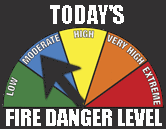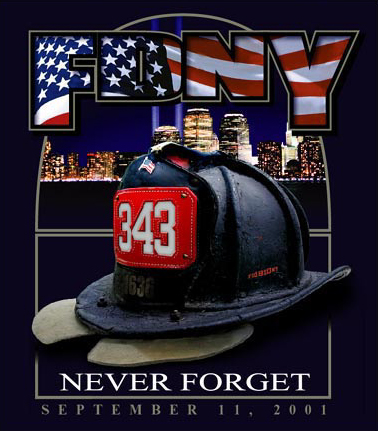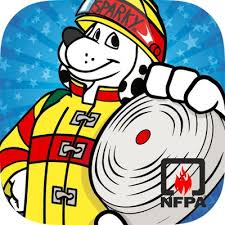The vast majority of the dispatches we receive are for medical emergencies. About half of our volunteers are certified as EMTs or Emergency Medical Responders and we work closely with a paid crew that includes Paramedics and others with advanced lifesaving skills. All firefighters are trained and certified in CPR. Whether paid or volunteer, we are on call 24/7 to respond when called.
When you dial 911 to report a medical emergency, our crews will make a rapid assessment that includes taking vital signs, getting a brief medical history, and providing appropriate treatment to stablize any illness or injury on the way to the hospital. Yet the decision to be treated or transported is always yours to make. You are the one in charge of your own healthcare decisions.
Sometimes individuals choose to sign an advance directive like a Do Not Resuscitate order to prevent medics from performing CPR in the event their heart stops beating. A DNR means that medical personnel will not begin chest compressions, intubation, defibrillation (shocking the heart back into a normal electrical rhythm), or administer cardiac medications. Medics may still offer comfort care, pain relief, oxygen, suctioning and control of bleeding.
Talk it over with your physician. While CPR can sometimes save lives, in the vast majority of cases it leads to people who only live long enough to die in the hospital, or depart with diminished mental and physical capacities.
If you have signed a DNR, please make sure that the document is kept in a visible and easily accessible location, for example, taped to a fridge. Legally, our emergency medical techs must begin lifesaving efforts unless a valid DNR is presented at the scene. The DNR must be signed by you and your physician; copies of this form can be obtained from your doctor’s office. You may also want to order a special bracelet, available from www.medicalert.org, that will notify first responders to ask whether a DNR is in effect.





